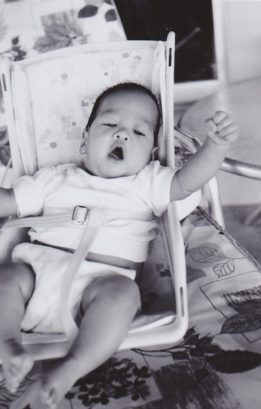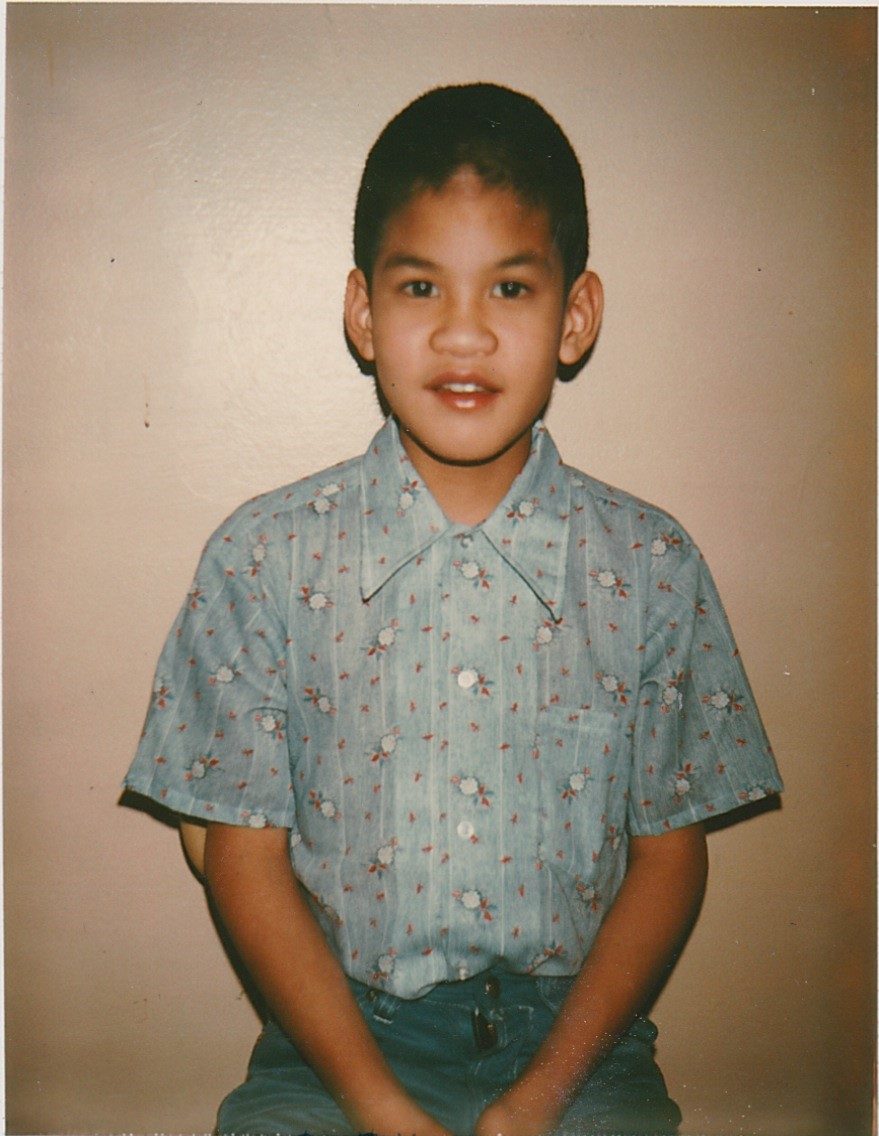
The early years
Our brother, Mike, was developmentally disabled since birth and lived in a residential facility for all of his adult life. He was also non-verbal, which meant communication could be challenging. Mike was born in 1962 and as he began to miss the developmental milestones, tests were performed. Mike was classified with severe mental retardation, though now it would be called intellectual/developmental disability (IDD).
In the late 1960s, our parents were unable to find appropriate resources for him due to his dismissal from facilities for inappropriate behavior. Therefore, Mike entered Sonoma State Hospital (now called the Sonoma Developmental Center) when he was eight years old. He remained a ward of the state until he became an adult, and then he transitioned into an adult residential facility with the passage of the Lanterman Developmental Services Act of 1969.
Transition to adulthood
Mike was doing well after he left Sonoma State Hospital. He had a “job” of sorts, seemed to enjoy his care home, and overall, was well cared for. We would visit annually to check up on his care and to see our brother. When our mother was still alive, we would take her to visit him and she was very pleased with the visits, saying he seemed to be doing well. This pattern went on for decades, until his death at the age of 54.
Mike’s Diagnosis
 Our brother’s diagnosis came late because of his inability to speak or convey that something was wrong. The caregiver at the residential facility only knew that Mike was sleeping a lot, much more than previously. He was probably also gaining weight, but that is not usually anything that brings concern. In early May, in fact, May 5th, Mike began to vomit and the caregiver took him to the emergency room around midnight. By 2 am the tentative diagnosis of terminal metastatic cancer was made. The hospital social worker began to call my phone, off and on, throughout the night. I picked up messages around 6 am that May morning, and our journey into terminal cancer and hospice began.
Our brother’s diagnosis came late because of his inability to speak or convey that something was wrong. The caregiver at the residential facility only knew that Mike was sleeping a lot, much more than previously. He was probably also gaining weight, but that is not usually anything that brings concern. In early May, in fact, May 5th, Mike began to vomit and the caregiver took him to the emergency room around midnight. By 2 am the tentative diagnosis of terminal metastatic cancer was made. The hospital social worker began to call my phone, off and on, throughout the night. I picked up messages around 6 am that May morning, and our journey into terminal cancer and hospice began.
Our Responsibility
By 2017 our parents were already deceased. But Mom and Dad had always told us that Mike was our responsibility, our brother, and that we needed to care for him in the future when they were not around. I think many parents can relate to our parent’s anxiety about what would happen to their son after their death. As the decades passed our family went to court and appointed two siblings as co-conservators with the legal responsibility to guide his care for the remainder of his days.
Our wish, and our desire through hospice, was to enable Mike to have a peaceful death, one relatively free from pain. What follows next is our experience in this difficult time. After Mike’s death, I began to research to see how other families of the developmentally disabled managed this experience. This search was limited to the internet and libraries, looking for anything on this topic. I found nothing, absolutely nothing, that related even remotely to our experience. Hospice alone is incredibly difficult. But hospice becomes even more complex when the patient is developmentally disabled and the conservators/family members must make the decisions.